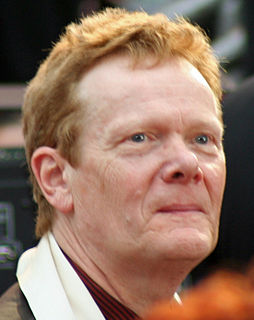A Quote by Plato
. . . the triumph of my art is in thoroughly examining whether the thought which the mind of the young man brings forth is a false idol or a noble and true birth.
Related Quotes
Any piece of knowledge which the pupil has himself acquired- any problem which he has himself solved, becomes, by virtue of the conquest, much more thoroughly his than it could else be. The preliminary activity of mind which his success implies, the concentration of thought necessary to it, and the excitement consequent on his triumph, conspire to register the facts in his memory in a way that no mere information heard from a teacher, or read in a schoolbook, can be registered.
Hereditary property sophisticates the mind, and the unfortunate victims to it ... swathed from their birth, seldom exert the locomotive faculty of body or mind; and, thus viewing every thing through one medium, and that a false one, they are unable to discern in what true merit and happiness consist.
The Middle Ages were an era of mysticism, ruled by blind faith and blind obedience to the dogma that faith is superior to reason. The Renaissance was specifically the rebirth of reason, the liberation of man's mind, the triumph of rationality over mysticism - a faltering, incomplete, but impassioned triumph that led to the birth of science, of individualism, of freedom.
It is that faculty by which we discover and enjoy the beautiful, the picturesque, and the sublime in literature, art, and nature; which recognizes a noble thought, as a virtuous mind welcomes a pure sentiment by a involuntary glow of satisfaction. But while the principle of perception is inherent in the soul, it requires a certain amount of knowledge to draw out and direct it.









































